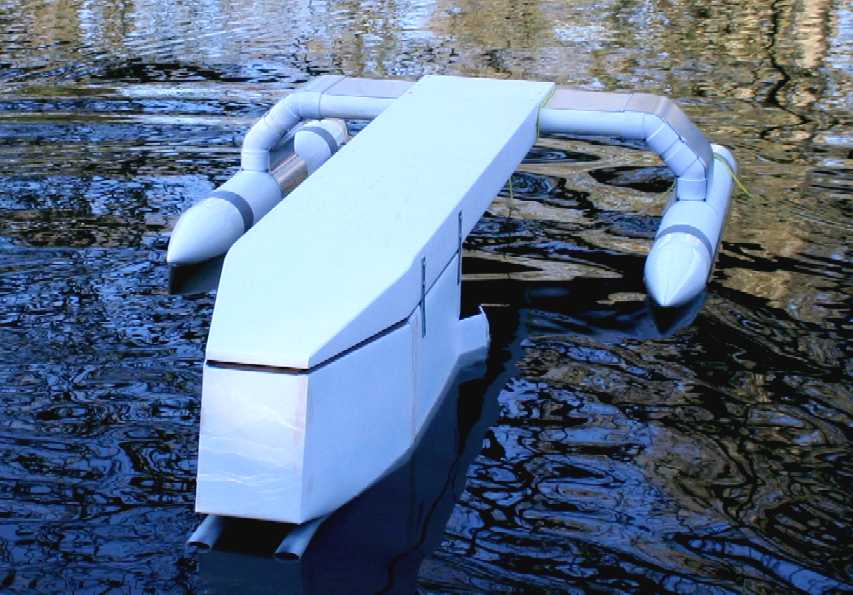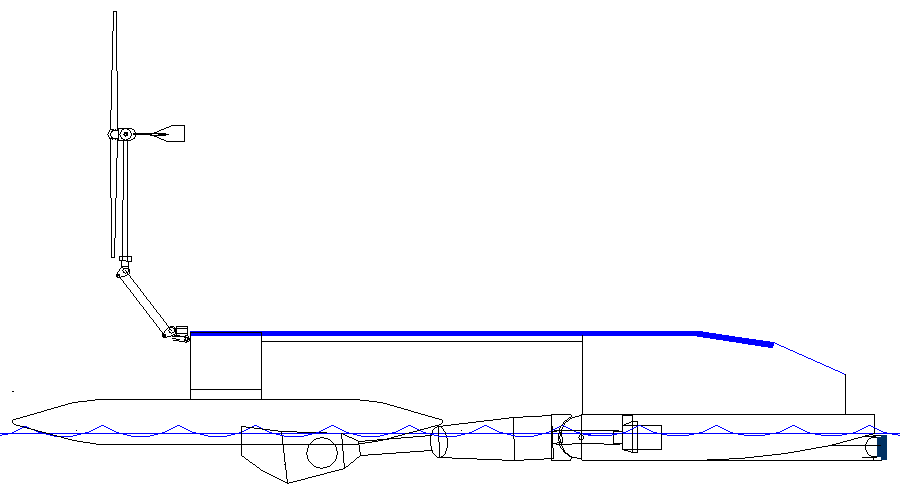|
 
FUNDING
Innovation funding can enable your business to step up to the next level. It's been one of our busiest services since launching in June.
Green Growth Platform members have used innovation funding to engage product designers, collect consumer insights, carry out product testing and market their innovations. We've supported businesses from a range of areas, from water efficiency to solar PV to green investment.
With support from the Platform members have accessed £40,000 of innovation voucher funding, through Innovate UK and our own Green Growth Platform voucher scheme. We've also seen 9 of our members approved for
Eco Innovation grants, totalling £27,000, and a Knowledge Transfer Partnership worth £91,000.
INNOVATION
RESEARCH & DEVELOPMENT
Innovation clinics
Our knowledge and innovation team will meet with you to assess your innovation / research and development needs and to determine the best routes in terms of accessing expert support and funding to help develop your product, technology, process or service.
FREE - Specialist expertise to support product / service development
The Green Growth Platform will link you to the specialist expertise you need to take forward your innovation or R&D project. Via the university we offer expertise across varied disciplines such as engineering, environmental and life sciences, ICT, business, arts, architecture etc.
Funding for R&D / innovation / knowledge projects
We offer advice and support to access a rage of funding opportunities suited to your innovation / R&D needs. Examples of funds we work with are:
Innovation Vouchers
Innovation Vouchers are offered by the Technology Strategy Board (TSB). They provide SMEs with £5k to sub contract an innovation project to a knowledge provider and the company has to pay the VAT. The deadline is every 3 months and the focus is on sectors such as agrifood, built environment, energy, water and
waste. The University of Brighton also offers Innovation Vouchers to companies who are not able to access funding via the TSB Innovation Voucher scheme. Please speak to a member of our innovation team to find out more.
Knowledge Transfer Partnerships
A KTP is a collaboration between a business and university, involving the employment of a high calibre graduate to deliver a 6 month to 3 year project which will provide strategic business benefits and have a positive influence on the bottom line. The graduate is supervised by both a specialist academic and the participating company. One third of the cost is paid by the company, equating to around £20k per annum, with the remaining financed by the KTP funding. The University of Brighton has a 95%+ success rate in securing this funding and KTPs provide proven business benefits - on average a KTP project provides an increase of over £220,000 in annual profits before tax, the creation of three genuine new jobs and an increase in skills of existing staff.
Smart awards
The Smart scheme (www.innovateuk.org/-/smart), tackles the funding gap often experienced by many small and early-stage companies who have innovative ideas and high growth ambition and potential. It offers co-funding to UK-based pre-start-ups, start-ups, micro businesses and SMEs, to carry out science, engineering and technology R&D projects which could lead to successful new products, processes and services.
COLLABORATIVE
R&D
Collaborative research and development (R&D)
(www.innovateuk.org/-/collaborative-r-d), encourages businesses and researchers to work together on innovative projects in strategically important areas of science, engineering and technology - from which successful new products, processes and services can emerge, contributing to business and economic growth. Through co-funding projects involving partnerships between businesses and academia, collaborative R&D reduces financial and technical risk and encourages knowledge exchange, supply chain development and parallel working on complex challenges.
Challenge-led Innovation events
Together with the Sustainable Business Partnership we will also be running challenge-led innovation events, where a pressing need for innovation is presented by a large organisation or supply chain lead. A creative innovation process will be facilitated whereby participants will work together to devise solutions to the issue. Following these events there will be the chance to work with the Green Growth Platform knowledge and innovation team to take any promising ideas forward.
UNIVERSITY
OF BRIGHTON
The University of Brighton is a UK university of over 21,000 students and 2,500 staff based on five campuses in Brighton, Eastbourne and Hastings on the south coast of England. Its roots can be traced back to 1859 when the Brighton School of Art was opened in the Brighton Royal Pavilion.
The university focuses on professional education, with the majority of degrees awarded also leading to professional qualifications in areas including Pharmacy, Engineering and Information Technology.
In 2012 the University of Brighton came third in the People & Planet's Green League table of UK universities ranked by environmental and ethical performance.
RANKINGS
The University's Community University Partnership Programme received an honourable mention at the 2010 Community-Campus Partnerships for Health awards and was highly commended in the Social Responsibility category at the 2009 Green Gown Awards.
The 2008 Research Assessment Exercise (RAE) confirmed that 79% of the University of Brighton's research output is of international standing. Taking the top three grades, the results show that 15 per cent of the research is 'world-leading' (the highest grade), 29 per cent is internationally excellent (the second highest grade) and 35 per cent is internationally recognised (the third highest grade). The university's RAE ranking rose from 80th place in 2001 to 59th in 2008, leading it to be described as one of the "rising stars" in the UK. Sixty-five per cent of research in art and design at the Faculty of Arts was classified as either "world leading" or "internationally excellent". This places Brighton amongst the leading research centres in the country for art and design and Research Fortnight ranked the submission second in terms of the volume and quality of research. Brighton is also ranked as one of the leading modern universities in terms of the quality of its research by the Research Fortnight newsletter.
In June 2010 the Faculty of Education and Sport retained the highest possible rating of 'Outstanding' for its primary and secondary initial teacher education (teacher training) provision, following inspection by Ofsted. In 2008 Brighton was the first university in the country to achieve an 'outstanding' rating for management and quality assurance across the full range of primary, secondary and post-compulsory (16+) teacher education courses.
In 1999 The University of Brighton was named as the first Sunday Times University of the Year.
CONTACTS
GREEN GROWTH
Robb Cunningham
Project and Communications Manager
Green Growth Platform
University of Brighton
Watts Building
Lewes Road
Brighton,
BN2 4GJ
Email: greengrowthplatform@brighton.ac.uk
Telephone: +44 (0)1273 641949
CONTACTS
UNIVERSITY OF BRIGHTON
University of Brighton
Mithras House
Lewes Road
Brighton, BN2 4AT
Main switchboard:
01273 600900

LINKS
About
Brighton
green growth platform business services http://en.wikipedia.org/wiki/University_of_Brighton http://www.sussexlearningnetwork.org.uk/ http://sustainablebusiness.org.uk/ http://about.brighton.ac.uk/business/green-growth-platform/services.php?PageId=122

FEASIBILITY
STUDY - This robotic boat is just 1.9 long x 0.85 meters wide. It could clean
waste from a pond, in the same way that the full size vessel might clean
plastic waste from the oceans - in which case we'd be looking at a
ship measuring 38m x 17 m (125 x 55ft). The vessel will shortly be fitted
with solar panels and wind turbines, cyclonic filtration chambers and
plastic shredding equipment.

SeaVax
is a blue water cleanup ship that uses several stages of filtration to
remove nets and bulkier plastic waste, and to filter
smaller plastic particles from the gyre
soups. We hope to develop the concept from our 1/20th scale experimental
models (see 1st Autocad prototype above), into the combine harvester of the
oceans. Departing from swifter SWASH hull of the Bluefish
Zero Carbon Cruiser (ZCC), we are using
a trimaran configuration that lends itself to the task. As with the ZCC
range, this vessel is powered by energy from nature. A combination of solar
and wind power provides in excess of 3.5kW per ton to drive the machinery
without a drop of diesel in sight. Being autonomous is also a cost saving
feature. There are no unions to argue for shorter hours - because no crew is
necessary. This means that the ship can be smaller and simpler. No galley or
bunks are needed, no chartroom or helm. A dedicated navigation and
communications package ensures fleet integration and COLREGs
compliance.
|




